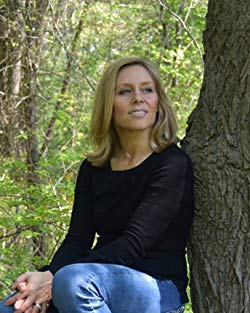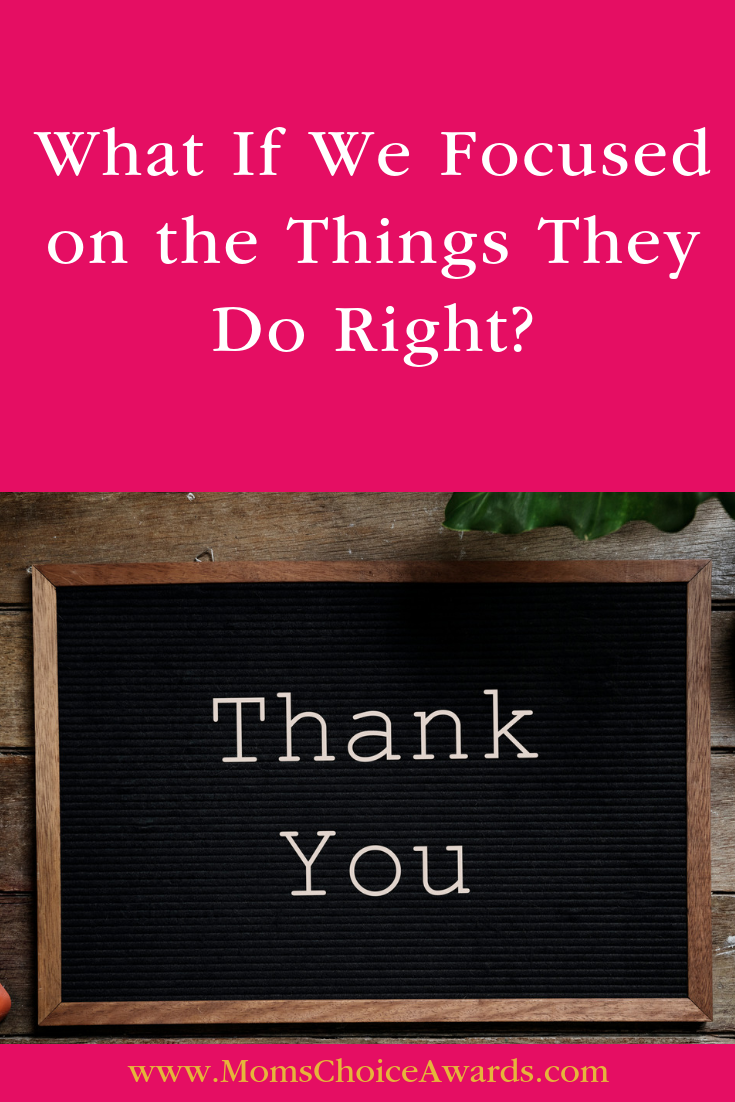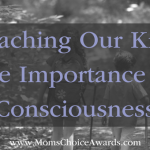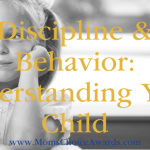 Jill Sylvester
Jill Sylvester
Author | Therapist
Twitter | Facebook
Recently, I was driving along the backroads in the adjacent town when I saw one of those flashing speed signs up ahead.
My first thought wasn’t good, prone to driving a tad over the 35 limit, my mind typically lost in thought.
Then, I got closer. 34 the lit numbers read. Underneath, the words THANK YOU flashed off and on.
Wait. What?
Thank you?
Let me just say that I consciously drove the speed limit the rest of the way home.
And while I was making sure to drive the speed limit because it felt good to receive a thank you it got me thinking about oppositional kids and how we as teachers, parents and other adults in authority, often tell these kids what they’re doing wrong.
What if, instead, we focused on the things they do right?
What if, we thanked them for what they do well, noticing what they have to offer, thus sending them the message that we believe in their ability to choose wisely.
Oppositional behavior is often rooted in feeling powerlessness. Think of the times when your kids act out- when they say mean things, when they do things that “shock” you. It is likely because they are not feeling heard, or being validated in their own opinions and ideas and feelings. They are likely experiencing powerlessness. And when we punish, or put down, or combat, the cycle continues.
Praise motivates.
It makes us want to do better, to impress, to continue to receive positive feedback in the form of praise versus negative feedback. It makes us want to feel powerful in a different way.
If you are a parent, or a teacher, this is something to consider. Not only to stop the behavior in the moment but to think about the long-term implications of our actions and the kids we are helping to shape and mold in order to leave their imprint on the world.
The next time you have an oppositional child in your classroom, work space or home environment, think about this strategy. Try to focus on the positive of what is happening, of what might be the lesson for you to learn from, the good for you to find and highlight in order to create more of what you seek. Then, see what results you get.
Sometimes simply saying thank you and noticing what someone does right, instead of what they tend to do wrong, goes a long way.
All good things,
Jill
Jill is ta therapist and the award-winning author of Land of Blue. Everything she does involves working with energy, both in herself as it helps her feel whole, and with others in order to gain understanding, develop compassion and ultimately to form more meaningful relationships. Her goals when meeting with clients are to share what she knows to be true, in order to guide clients toward a more authentic, healthy, and purposeful life. For more information about Jill check out her exclusive MCA interview or visit her website.
View all posts by Jill Sylvester here.







One Comment on “What If We Focused on the Things They Do Right?”
Love this! I practiced this as a Pre K teacher and continue the same at home.